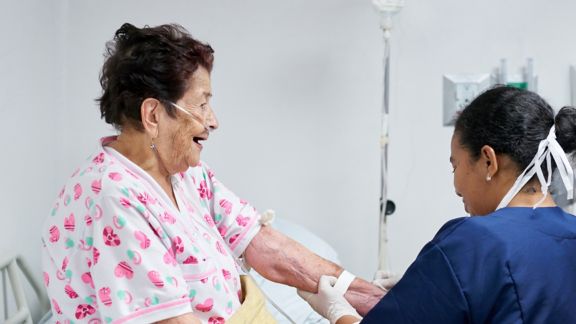Laura M. Houghtaling

Laura has expertise in intersectional quantitative research and quantitative social epidemiologic research design focused on the impact of social and policy contexts on mental and physical health outcomes in LGBTQIA+ adult and youth populations. She has led mixed-methods research projects that employ intersectional methods to understand the joint role of parent caring and social identities in disparities in housing instability among youth populations. She has developed and validated measures that quantify social determinants of health, such as indicators of social isolation among seniors and supportive state-level policies for accessing gender-affirming health care.
Laura successfully developed and led a mixed methods evaluation for three programs for the American Medical Association (AMA). Laura served as a qualitative lead on a research project for the Centers for Medicare & Medicaid Services’ Office of Minority Health (CMS OMH) that synthesized data from social media and online chat groups on alternative terms for maternal health. Laura served as a technical and subject matter lead on another project for CMS OMH that synthesized best practices for the collection and measurement of sexual orientation and gender identity (SOGI) in administrative settings. Laura authored a spotlight report on behalf of The Bridge at NORC on methods for quantitative intersectional analysis.
As a predoctoral fellow at the Minnesota Population Center, Laura developed and validated two novel indices that quantify access to gender-affirming health care for youth. As a senior epidemiologist and data analyst with Arundel Metrics research firm, Laura managed the surveillance data and analysis systems as well as methodology for America’s Health Rankings reports. Laura has co-led mixed-methods research that examines the role of school, community and policy environments on mental, physical and academic outcomes of LGBTQ+ youth across multiple minoritized social positions at the University of Minnesota. Laura also managed primary data collection activities for two randomized controlled trials at the Penny George Institute for Health and Healing.
Laura has a diverse set of research publications including estimating the association between state-level polices affecting access to gender-affirming healthcare and disparities in mental health in a national sample of LGBTQ+ youth (2025); conducting a scoping review of evidence-based interventions to address racial and ethnic disparities in health and health care for chronic conditions (2024); using exhaustive CHAID to explore the highest burden of unaccompanied forms of homelessness at the intersections of racial, ethnic, sexual, and gender identities among youth in Minnesota (2024); describing sexual and gender identity-based disparities in coping patterns during the COVID-19 pandemic using a nationally representative population-based sample of adults (2024); examining sexual orientation-based disparities in six self-reported health outcomes among millennial aged military veterans using primary data collected via the Millennial Veteran Health Study (2023); and assessing viral profiles (2019), CD4+ T cell response to antiretroviral treatment (2018) and clinical outcomes during treatment interruptions in HIV-HBV co-infected patients from Sub-Saharan Africa (2017).
Quick Links
Education
PhD
University of Minnesota
MPH
University of Minnesota
BA
Colgate University
Honors & Awards
J.B. Hawley Student Research Award | 2022
University of Minnesota School of Public Health
Minnesota Population Center’s Graduate Student Research Development Grant | 2021
Minnesota Population Center, University of Minnesota
Delta Omega Public Health Honorary Society | 2015
Division of Epidemiology and Community Health, University of Minnesota
Martinson-Luepker Student Travel Award | 2014
Division of Epidemiology and Community Health, University of Minnesota



